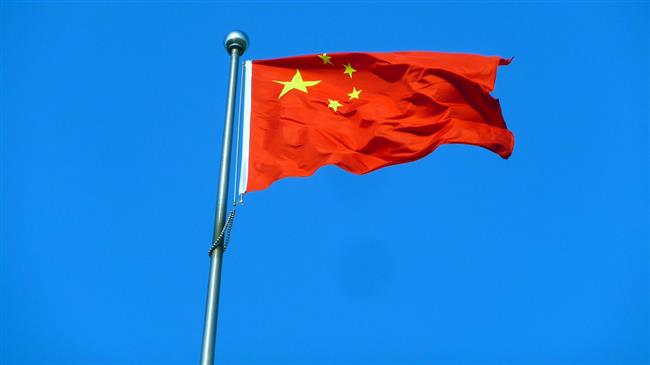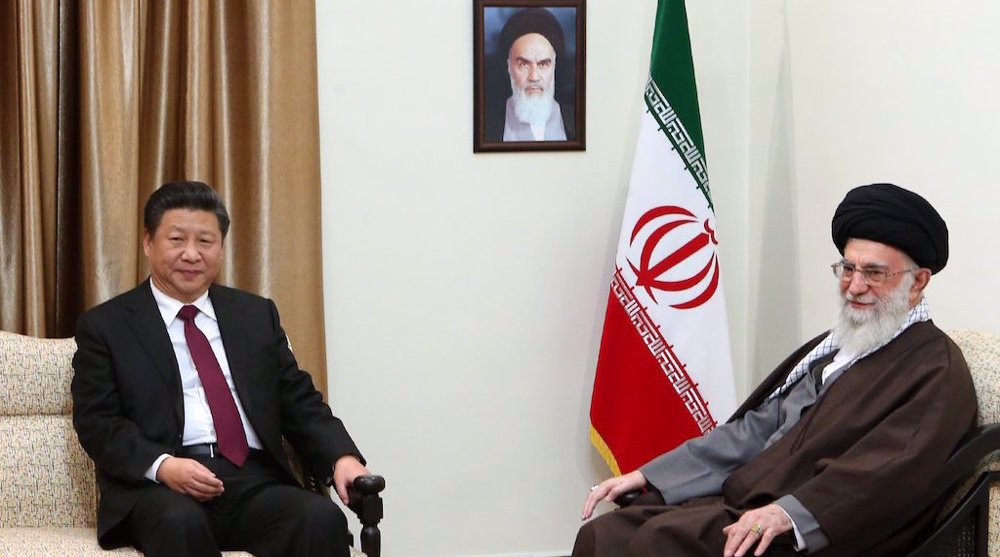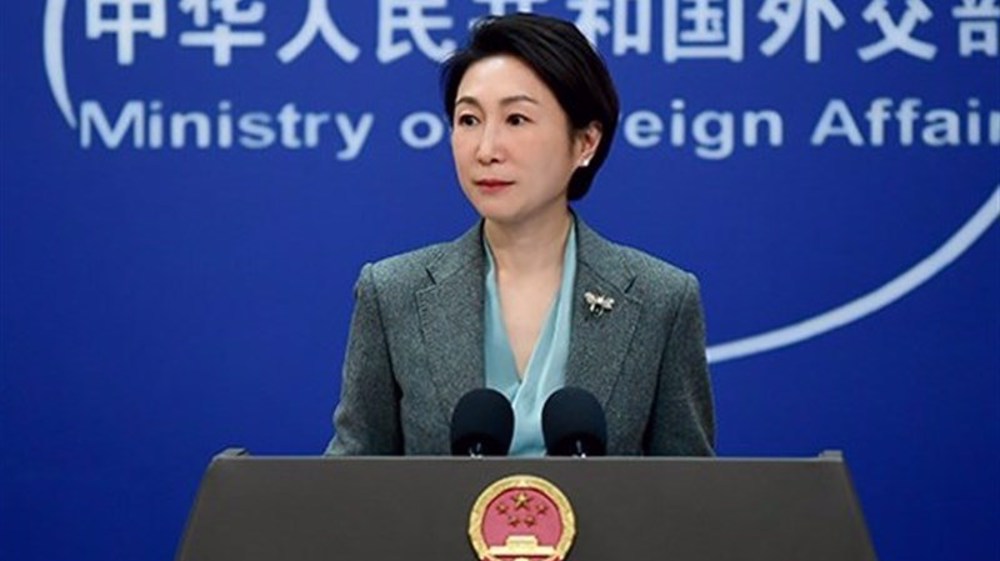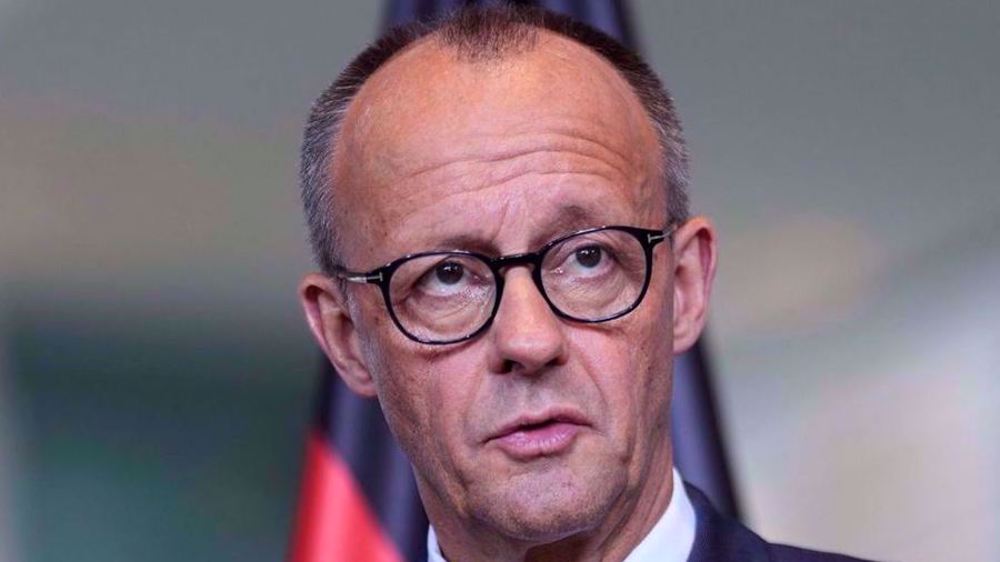China says 'wolf warrior' diplomacy a 'justified defense' against Western pressure
A Chinese ambassador says the country’s stance adopted by its diplomats since 2020 is a “justified defense” against heightened pressure from the West and its hostile efforts to hamper Beijing’s rising influence across the world.
Lu Shaye, China’s envoy to France, made the remarks in an interview with French newspaper L'Opinion on Thursday.
Lu said China’s “wolf warrior diplomacy” is a “justified defense” against Western criticism and that the West has to get used to China’s new diplomatic style, which symbolizes warriors who fight for their country.
The Chinese ambassador said China has in the past kept a low profile but its strength and rising status over the years and increasing media attacks from the West has sparked its need to react.
"In the eyes of the Westerners, our diplomacy is on the offensive and aggressive, but the truth is, it is them who are on the offensive and aggressive," Lu said, adding, "What we are doing is merely justified defense to protect our rights and interests.”
Lu underlined that China's previous diplomatic style of "hide your strength and bide your time," attributed to former leader Deng Xiaoping, was necessary at the time because the country had neither the need nor the strength to do otherwise.
Now that China has grown stronger, and with the West "bent on suppressing its growth," China must shift its diplomatic style to that of "making a difference," the Chinese envoy said.
“The West has launched a public opinion war against us. How can we not fight back? China’s image would be tarnished as they desire if we do not strike back,” he added.
Lu’s remarks come as Beijing pushes back against Western accusations from the handling of the Covid-19 pandemic to China’s policies in Xinjiang region and Hong Kong, and posturing on Chinese Taipei and the South China Sea.
China's top legislature — the National People's Congress (NPC) standing committee — passed a new law last week to counter foreign sanctions as part of the country’s plan to defuse rising pressure from the United States and the European Union.
The US and China have been at odds over a range of issues, including China’s alleged mistreatment of Muslim Uyghur minority in the western region of Xinjiang, anti-Beijing demonstrations in the semi-autonomous city of Hong Kong, China’s territorial claims on Chinese Taipei and most of the South China Sea as well as the origin of the coronavirus.
Beijing hoped for an improvement in relations under US President Joe Biden, who succeeded Donald Trump in January, but the new administration has shown no sign of backing down on hardline policies toward China.
Pacific project called off over US animosity
On Thursday, two sources told Reuters that a World Bank-led project declined to award a contract to lay undersea communications cables after Pacific island governments heeded US warnings that participation of a Chinese company posed an alleged security threat.
The former Huawei Marine Networks (HMN) submitted a bid for the $72.6 million project priced at more than 20% below other rivals but the project reached a stalemate due to security concerns raised within the island nations as well as the project’s planned connection to a sensitive cable leading to Guam, a US territory with substantial military assets, which heightened those security concerns.
The sources said that the HMN was in a strong position to win the bid, prompting those wary of Chinese involvement to find an expedient solution to end the tender.
The World Bank said in a statement to Reuters that it was working with the respective governments to map out the next steps.
“The process has concluded without an award due to non-responsiveness to the requirements of the bidding documents,” the Washington-based multilateral lender said.
A Chinese foreign ministry spokesperson said in a statement to Reuters that all parties should provide a non-discriminatory business environment that companies from all countries, including China, can participate in.
“As a matter of principle, I want to emphasize that Chinese companies have always maintained an excellent record in cyber security,” the spokesperson said.
“The Chinese government has always encouraged Chinese companies to engage in foreign investment and cooperation according to market principles, international regulations and local laws.”
Witkoff undermined Iran talks by peddling lies to build case for military aggression: Report
Scrutiny mounts over Trump’s Iran war amid contradictory claims, soaring costs: Reports
No imminent threat, just Israeli agenda: US senators push back on war on Iran
Handala group hacks notorious Israeli think tank known for anti-Iran propaganda
IRGC Ground Force launches 3 major operations in response to Israeli-US aggression
'Powerful strike': IRGC hits US destroyer with ballistic, strategic cruise missiles in Indian Ocean
IRGC: 16th wave of retaliation hit heart of occupied territories; enemy casualties stand at 680
We avenge the innocent until our last breath: Iran's parl. speaker












 This makes it easy to access the Press TV website
This makes it easy to access the Press TV website